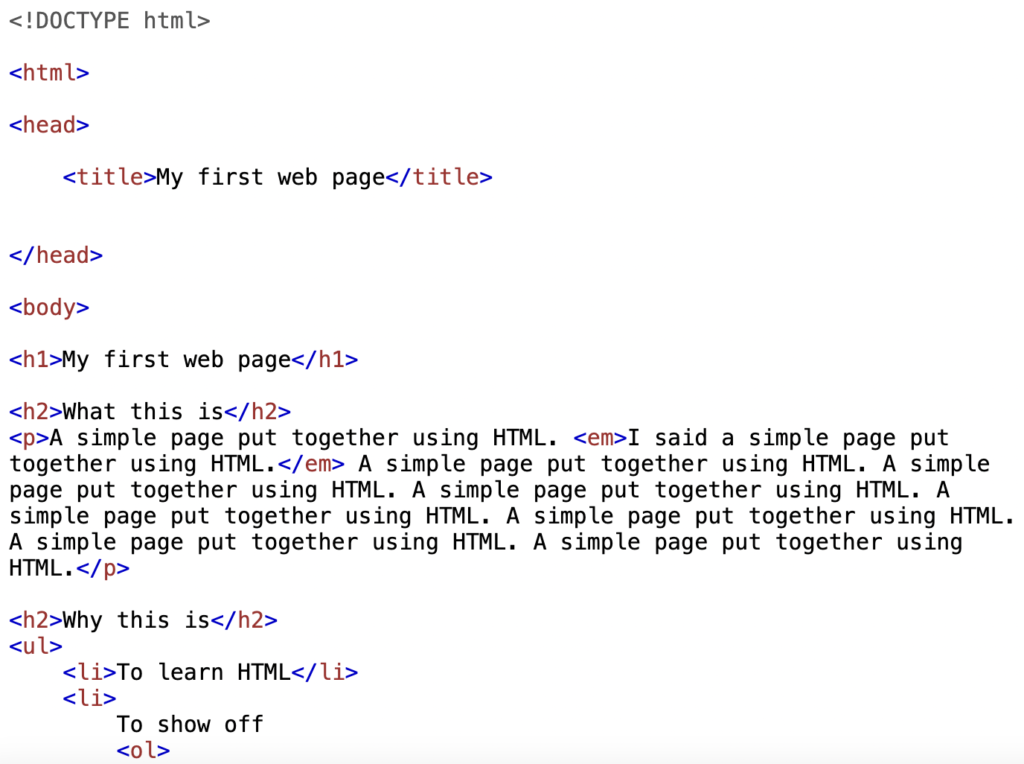I believe that humanities students should have a basic understanding of how to code. Computer science is present in almost every academic department. The digital humanities projects we recently analyzed show various ways coding is used to advance knowledge across specific topics. For example, Virtual Angkor uses the knowledge of historians and archaeologists to create a 3D world for users to explore the Khmer empire’s influence during 1300 C.E. Having a basic understanding of how to code allows students to transcend traditional disciplinary boundaries and synthesize information through a new perspective. Kirschenbaum examines how virtual worlds have infiltrated various spaces through their essay Hello Worlds (why humanities students should learn to program):
“It used to be that we in English departments were fond of saying there was nothing outside of the text. Increasingly, though, texts take the form of worlds as much as words. Worlds are emerging as the consummate genre of the new century… Virtual worlds will be to the new century what cinema was to the last one and the novel to the century before that.”
Kirschenbaum, Matthew. “Hello Worlds (Why Humanities Students Should Learn to Program).” Hello Worlds (Why Humanities Students Should Learn to Program), 26 May 2010.
My prior coding experience consists of a high school coding class I took last year, where I learned Python. Skills such as problem-solving, critical thinking, and creativity, which I learned through Python, were all applicable to other areas I have studied.

The code above was part of the HTML Dog tutorial I took on HTML and CSS. Websites such as HTML Dog and w3schools.com make it extremely accessible for students to learn how to code.